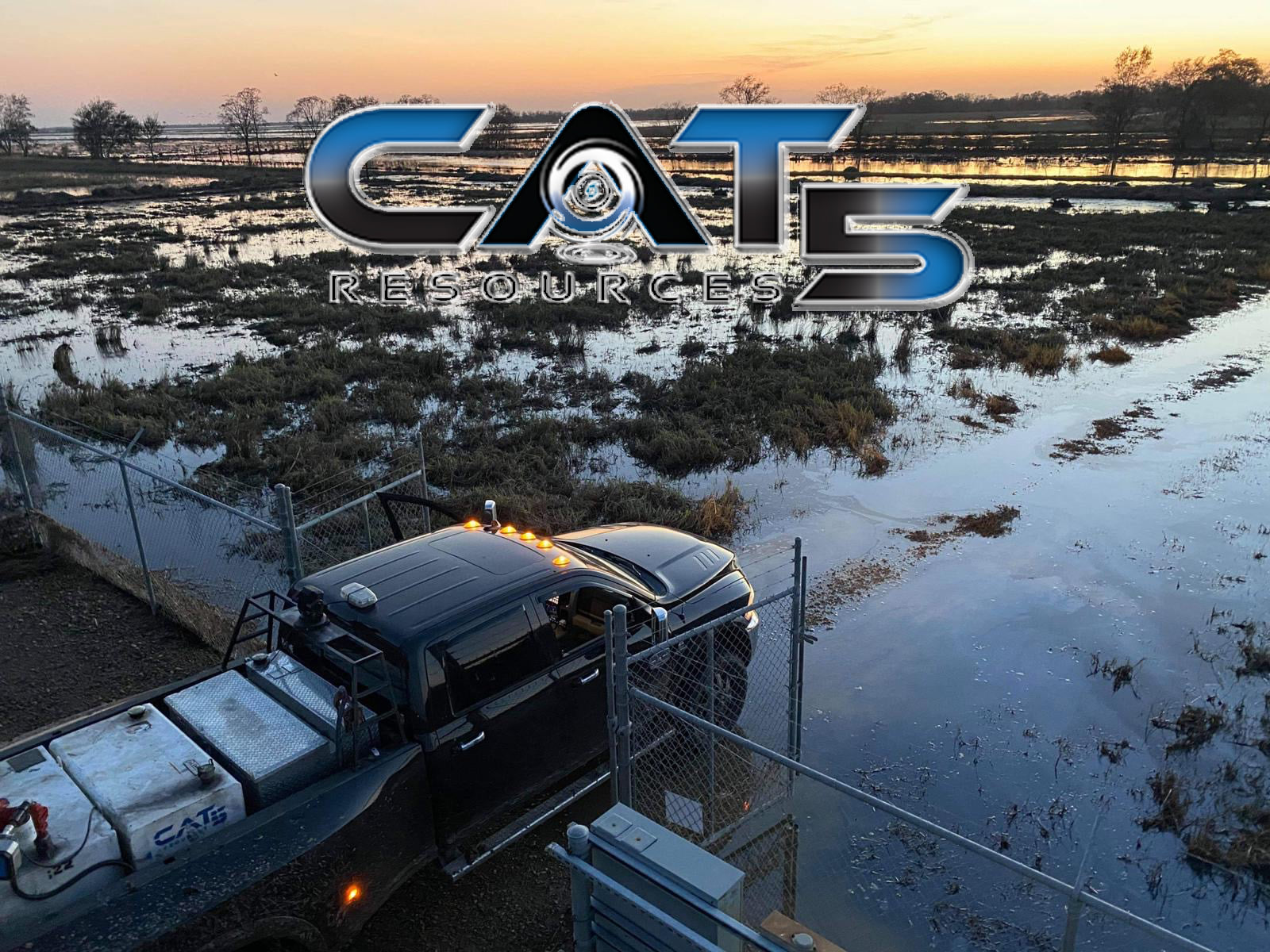In today’s unpredictable environment, business owners are continually seeking ways to safeguard operations against unexpected disruptions. One critical component of a resilient business strategy is ensuring you have a reliable supply of emergency fuel. Whether it’s due to natural disasters, supply chain interruptions, or sudden spikes in fuel demand, having a well-planned emergency fuel reserve can make all the difference.
Why Emergency Fuel Matters
1. Business Continuity and Operational Resilience
When unforeseen events strike, even the most meticulously planned operations can come to a halt if fuel supplies run dry. For businesses that rely on transportation, generators, or heavy machinery, a fuel shortage can translate directly into lost revenue, missed deadlines, and compromised safety. Emergency fuel isn’t just about keeping the lights on—it’s about maintaining the momentum of your business even under adverse conditions.
2. Protecting Against Supply Chain Disruptions
Global supply chains are vulnerable to many factors, such as extreme weather, geopolitical tensions, and even cyber-attacks. These disruptions can affect fuel deliveries, leading to potential operational standstills. Having an emergency fuel reserve provides a buffer that allows you to navigate these challenges without compromising service or productivity.
3. Financial Implications
Fuel price volatility is another major risk. When prices spike unexpectedly, costs can skyrocket, and businesses might find themselves caught off-guard. By investing in an emergency fuel reserve during periods of lower prices, companies can better manage their operating expenses and reduce the risk of financial instability during emergencies.
Developing an Emergency Fuel Strategy
Assess Your Needs
The first step in creating an effective emergency fuel plan is to evaluate your business’s fuel consumption under various scenarios. Consider the following:
- Operational Requirements: Determine the critical operations that require fuel support—this might include backup generators, fleet vehicles, or essential machinery.
- Duration of Potential Disruptions: Estimate how long you might need to rely on stored fuel during an emergency.
- Storage Capabilities: Review your existing storage facilities. Do you have the capacity to store enough fuel safely? If not, you may need to invest in additional storage solutions.
Partner with Reliable Suppliers
Establishing a relationship with a trusted fuel supplier is paramount. Look for companies with proven reliability, flexible delivery schedules, and a track record of supporting businesses during crises. For additional guidance on identifying dependable fuel partners and resources for emergency planning, you might find cat5resources.com to be an invaluable resource.
Implement a Regular Maintenance and Review Schedule
An emergency fuel plan is not a “set it and forget it” strategy. It requires periodic review and maintenance. Ensure that your fuel is rotated according to best practices, storage facilities are inspected regularly, and that all safety protocols are up to date. Continuous monitoring will help you identify potential issues before they escalate into significant problems.
Best Practices for Managing Your Emergency Fuel Reserve
-
Safety First: Fuel storage and handling require adherence to strict safety standards. Ensure that your storage facilities comply with local regulations and that staff are trained in proper handling procedures.
-
Integrated Emergency Plans: Your emergency fuel strategy should be an integral part of your overall business continuity and disaster recovery plans. Coordination with other emergency services and contingency plans is essential.
-
Regular Training and Drills: Prepare your team with regular training sessions and emergency drills. This helps ensure everyone knows how to respond quickly and effectively in the event of a fuel shortage or other emergencies.
-
Technology and Monitoring: Consider investing in fuel management systems that provide real-time monitoring of fuel levels, usage patterns, and storage conditions. These technologies can help optimize your reserve and alert you to potential issues before they become critical.
Conclusion
Incorporating an emergency fuel reserve into your business continuity strategy is a proactive step towards minimizing risk and ensuring uninterrupted operations. As fuel-related emergencies can impact almost every facet of your operations—from logistics and machinery to overall financial health—having a robust plan is not just a precaution; it’s a business imperative.
For more detailed insights, best practices, and resources on emergency fuel planning and management, be sure to visit cat5resources.com. By staying informed and prepared, you can ensure that your business remains resilient no matter what challenges arise.
Stay prepared, stay ahead, and keep your business moving forward—even when the unexpected happens.




